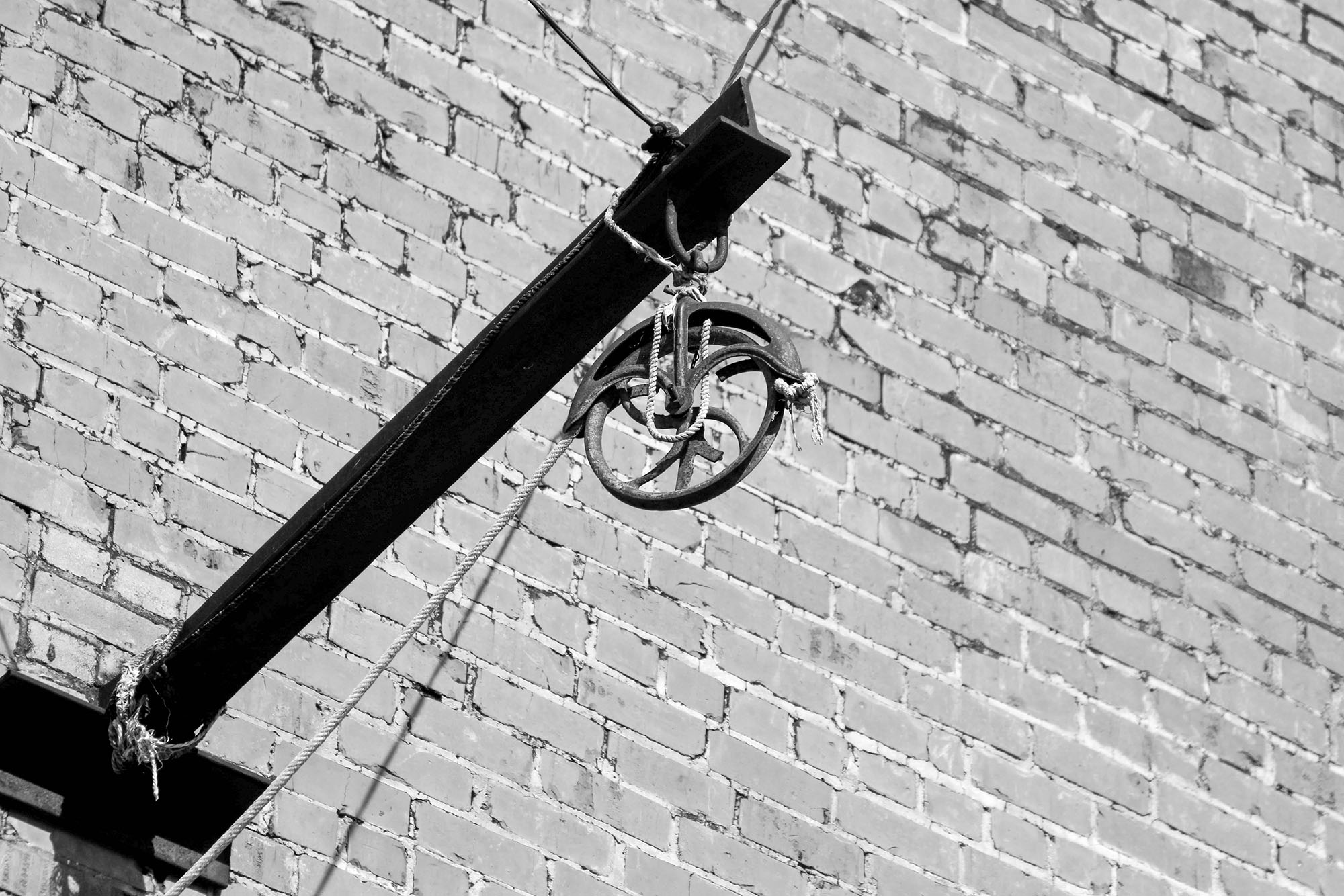|
A water heater is an important element in an investment property. Lack of a working heater is a serious liability for an investor. Therefore, it is important to either quickly repair or replace a water heater when there is a problem. Most judges do not accept excuses for unnecessary delays and there have been many court cases where property owners have had to pay fines or large settlements due to a lack of action to provide hot water to their residents. The basis for these legal decisions is the Uniform Residential Landlord Tenant Act (the URLTA); warranty of habitability is required of investors.
There are times when you can repair a water heater. Sometimes, it can be as simple as replacing a coupling and the water heater works for many more years. In some cases, minor repairs prolong the life of the unit. However, it pays to consider the age and the cost before making a large or even small repair. If the water heater is beyond warranty and very old, it is probably not a sensible move to repair it. Unfortunately, there is no way to predict the failure of a water heater whether it is old or new.
If the decision is to replace the water heater, there are various factors to consider. The first questions to ask are:
-
What fuel source supplies the water heater?
-
What type of water heater is currently in the property?
-
What size of water heater is adequate?
-
How quickly can a vendor replace the water heater?
The logical step is to investigate the heater that is currently in the investment property. There is a large variety of water heaters.
-
Conventional storage water heaters offer a ready reservoir (storage tank) of hot water.
-
Tankless or demand-type water heaters heat water directly without the use of a storage tank.
-
Heat pump water heaters move heat from one place to another instead of generating heat directly for providing hot water.
-
Solar water heaters use the sun's heat to provide hot water.
-
Tankless coil and indirect water heaters use a home's space heating system to heat water.
When selecting the best type and model of water heater other considerations should be:
-
Fuel type and availability: most fuel sources are either gas or electric but there are others, such as propane, solar, fuel oil, etc., depending on the area of the country. Some sources may not be available, such as fuel oil or solar. Changing the fuel source can also incur more cost but depending on the property, it may be worth it.
-
Size: to provide residents with enough hot water and to maximize efficiency, you need a properly sized water heater.
-
Energy efficiency: to maximize energy and cost savings it is important to investigate the energy savings. Although the resident is most likely paying the heating bill, investors should always work to make the property as attractive as possible to tenants and cost savings during vacancies.
-
Costs: before purchasing a water heater, it is a good idea to estimate annual operating costs and compare those costs with other less or more energy-efficient models. The energy source used for water heating will not only affect the water heater's annual operating costs but also its size and energy efficiency - again, an important issue for residents.
Using a reliable, experienced, and trustworthy vendor is major factor in this issue because they can give you the pros, cons, and costs on repair or replacement. The vendor must also be able to act quickly to either repair or replace the water heater.
As your property management company, we consider this an extremely important issue and of course, we are very familiar with this type of repair call. We act immediately on calls from residents regarding a non-working water heater and utilize competent technicians. We will notify you as soon as practical if something happens. It is always our goal to work to maintain the habitability of the property and reduce the liability for your investment at all times.
|







